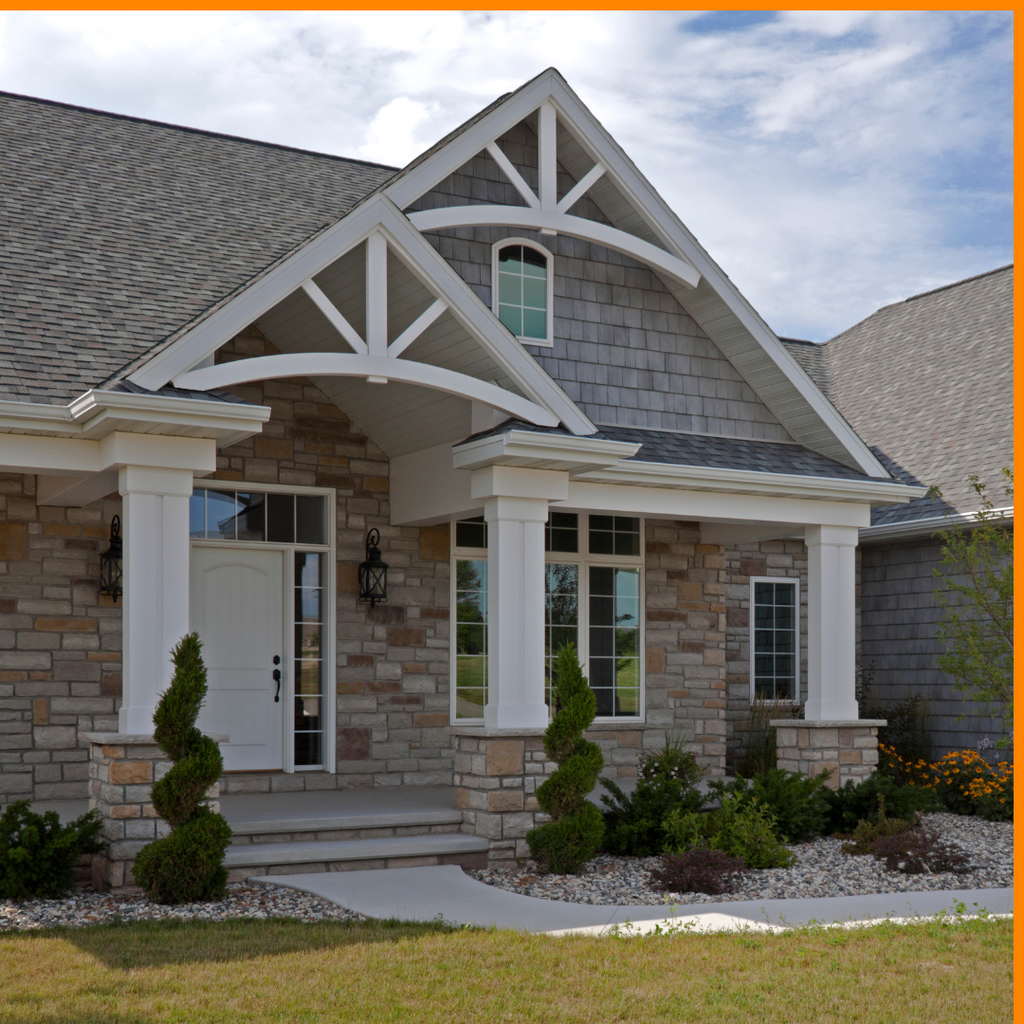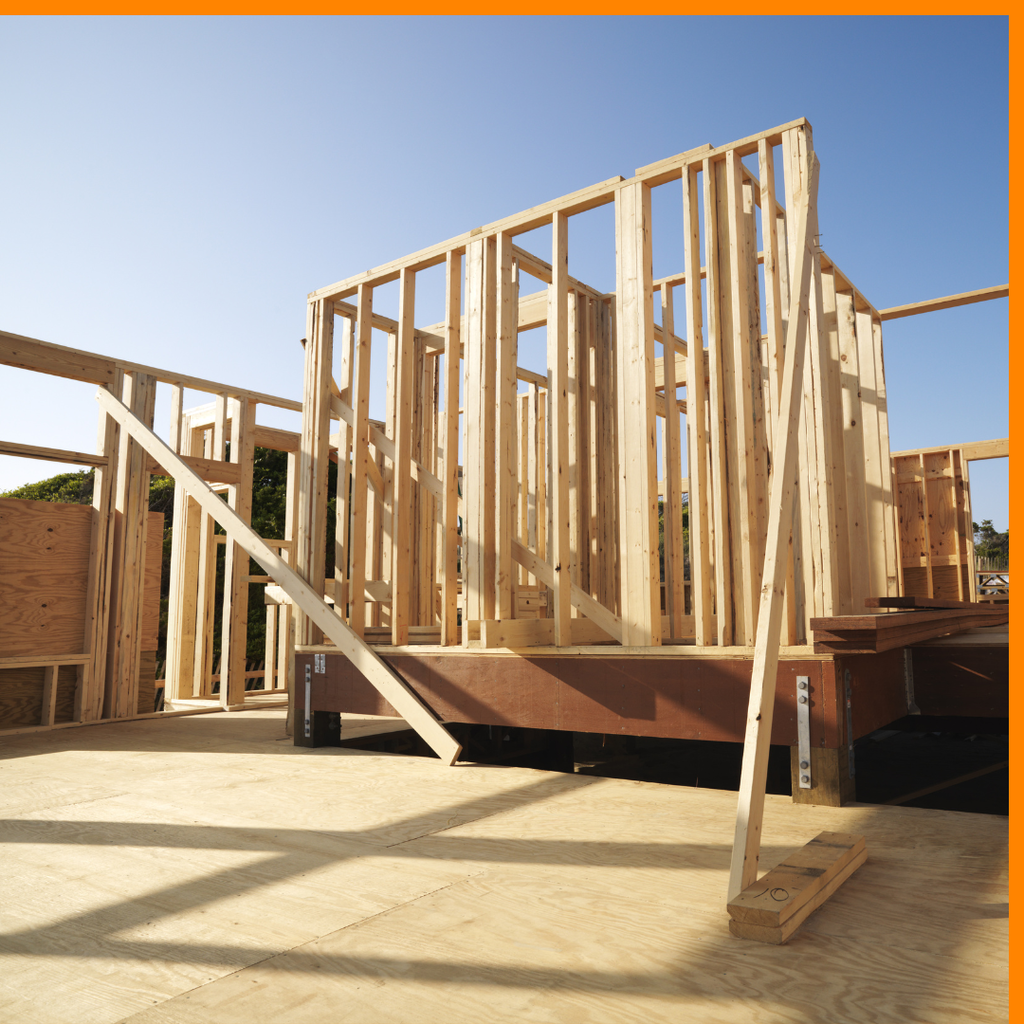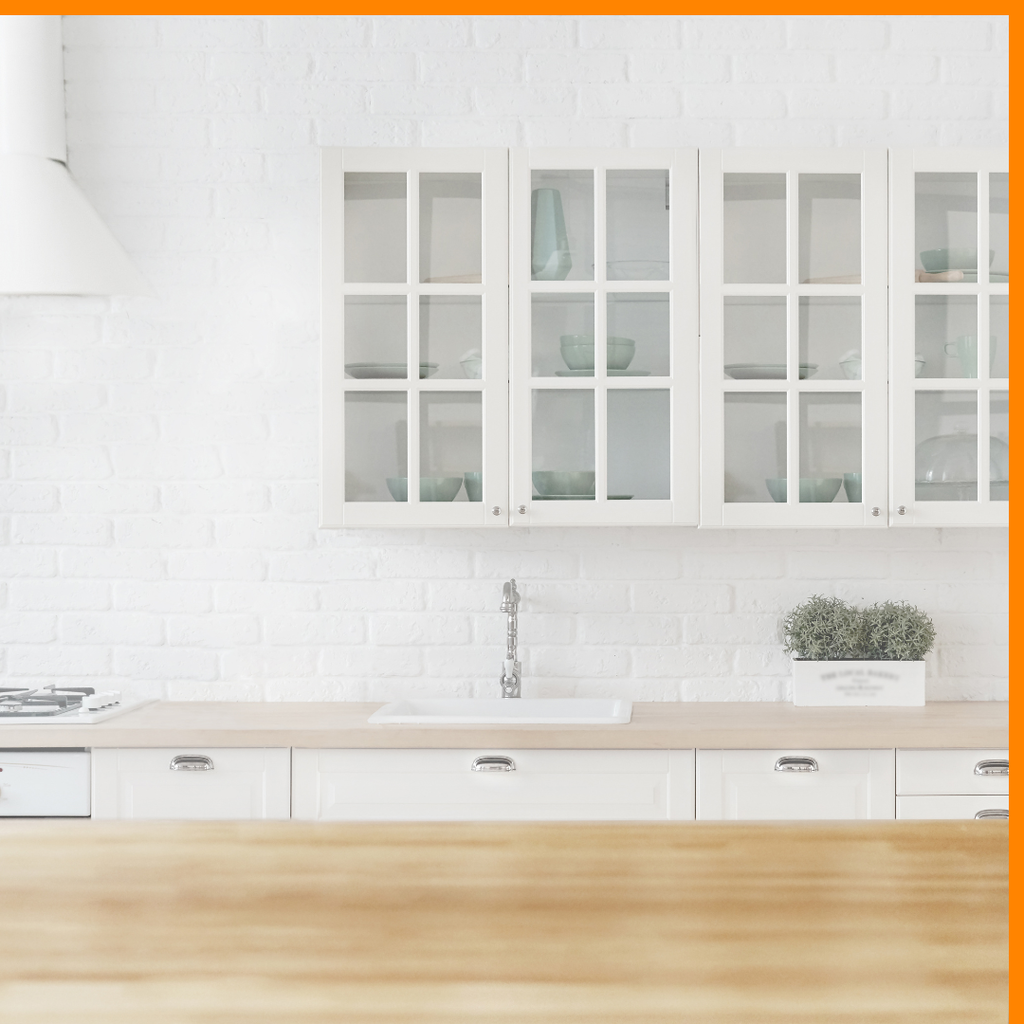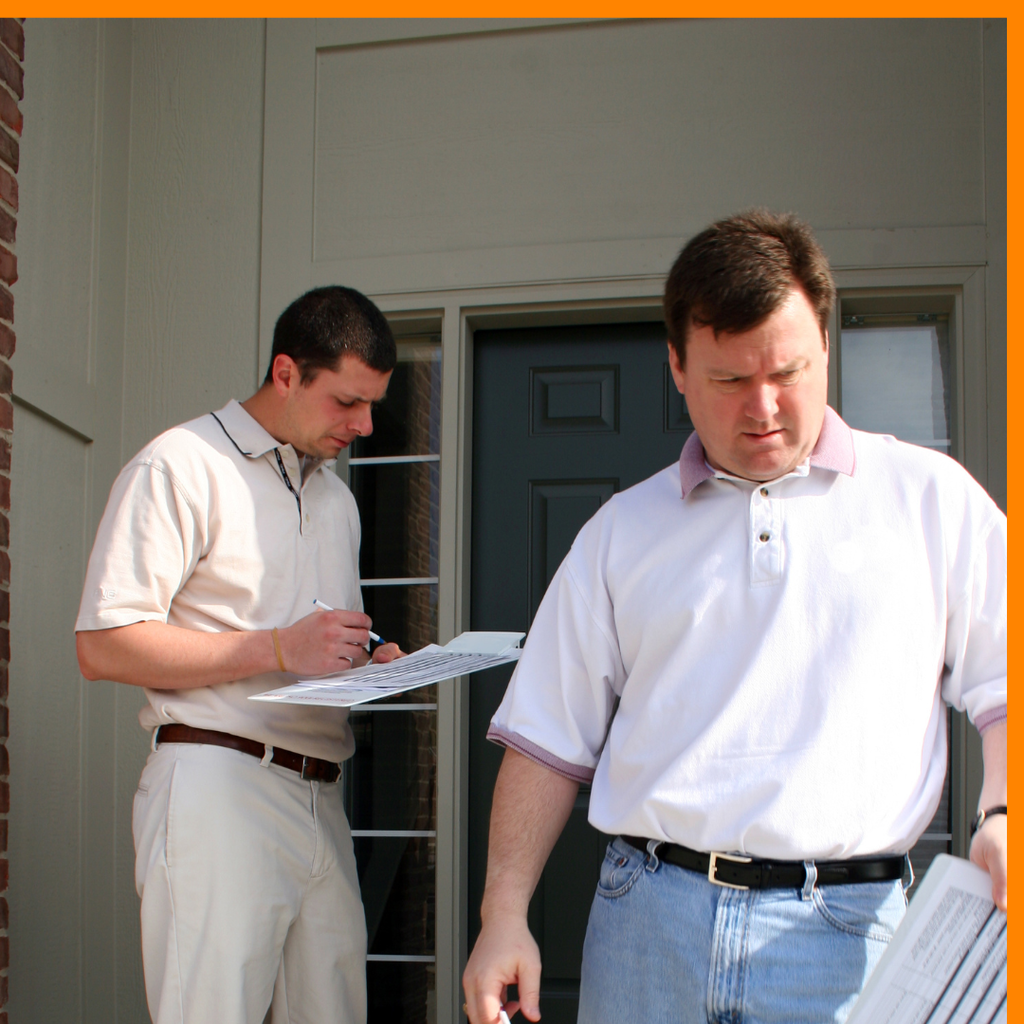When you’re thinking about building a new home, one key piece of advice I always share is to make sure you get a home inspection. No matter what the sales rep and project manager tell you when building a new home, you should get a home inspection.
How many inspections you need might vary depending on where you are in the building process. At a minimum, I suggest one inspection for every property, but if you’re involved before building starts, there are two I think are non-negotiable.

Before I do, I have a quick story about a recent client. Recently, I worked with clients who were building a new single-family home. They had built a townhouse in the same area only two years ago without hiring a real estate agent. When they sold that townhouse, the buyer’s inspection uncovered a surprising number of issues, even though the home was relatively new. Many were minor, but some were quite significant and would have been caught had the sellers had a home inspection during the construction of that home. They learned their lesson and did the recommended inspections for their new home. Trying to save money by skipping inspections when they first bought ended up costing them more in the long run.
It’s important to remember that the sales reps are looking out for the builder’s interests, not yours.
The Importance of Home Inspections
Home inspections play a critical role when you’re building a new home. They’re your safeguard to ensure your home is built well and meets your and safety standards. Knowing about different home inspections and why they matter at various home-building stages can give you peace of mind and help avoid future headaches.
Before Construction Starts
Before any building begins, your builder will get the necessary permits. This early stage involves checks by local authorities to ensure everything is planned correctly and that local building codes and regulations are followed. This isn’t a home inspection in the usual sense, but it’s an essential first step to ensure everything starts off right.

Foundation and Framing Inspections
The foundation inspection comes once construction kicks off. Since the foundation supports your whole house, any issues here can cause big problems down the line. An independent inspector can check the foundation is set correctly, ready to hold your house securely.
Next up is the framing. During this step, the basic structure of your house comes together. It’s vital to make sure everything is put together correctly for your home’s stability and safety. A framing inspection looks at the floors, walls, roof, and other structural parts to ensure everything’s in order.
Pre-Drywall Inspections
A pre-drywall inspection lets you check things that will soon be hidden, like plumbing, electrical wiring, and air ducts, before the walls are finished with drywall. It’s crucial to fix any issues before they’re covered up, which could make future repairs more challenging and expensive.
The pre-drywall inspection is the first of the two inspections I believe are essential. Since most homes are resales, many homeowners will never see what’s behind the walls. New construction homes allow you the unique opportunity to ensure that everything is up to par with the current code.

Final Walkthrough Inspection
The final walkthrough is the other inspection I believe is a must.
This last inspection before you close on the home is comprehensive. It checks everything from the foundation to the roof to ensure it’s all built and installed correctly. It’s your final opportunity to spot and fix any issues.

Why Independent Home Inspectors Matter
Builders do their inspections, but having an independent inspector adds a crucial layer of protection. The independent home inspector works for you rather than the builder and looks out for your interests alone. They can provide unbiased reports, recommend solutions and repairs, and follow up on any issues identified during the builder’s inspections, adding invaluable confidence to the home-building process.
In Closing
Having a home inspection should go hand in hand with building a new home. And so should hiring your own agent to represent you. Hiring a real estate agent should be at the top of your to-do list if you’re interested in buying or building a new home in Northern Virginia.
If you’d like to work with me, Click Here to schedule your Perfect Home Consultation. Check out our latest blog post for more information on Building a New Home in Northern Virginia.
